Dr. Kincade typically uses a flexible style of therapy that reflects a combination of cognitive and behavioural approaches with integration of mindfulness techniques.
General Approach to Therapy
In her approach to therapy, Dr. Kincade draws on different therapeutic models to understand people and some of the challenges that they are facing. Most commonly, Dr. Kincade uses short-term, solution-focused techniques with the greatest amount of scientifically researched, evidence-based support. By using methods that are proven through rigorous scientific research to be effective, Dr. Kincade is able to work with her clients to achieve efficient and long-lasting results.
Dr. Kincade typically uses a flexible style of therapy that reflects a combination of cognitive and behavioural approaches with integration of mindfulness techniques. She most frequently uses Acceptance and Commitment Therapy (ACT) approaches in her work with clients. ACT has considerable empirical support for its effectiveness in the treatment of a number of different psychological and emotional challenges. ACT is considered one of the “third wave” or newer approaches to traditional Cognitive Behavioural Therapy (CBT).
ACT involves using of a variety of mindfulness techniques to help us become more aware of the present moment and to reduce our tendencies to get “caught up” with thoughts about painful events from our past or situations we may fear (and try to avoid) in our future. By staying in the present moment, we can allow ourselves to experience difficult emotions rather than avoid them. This approach recognizes that most of our psychological and emotional suffering stems from a desire to avoid past or anticipated anxiety or pain. Dr. Kincade uses this technique to help people move away from engaging in a pattern of perpetual avoidance behaviours. Instead, ACT techniques help to move individuals toward incorporating specific types of behaviours that emphasize active, practical ways to achieve goals that meet your values and build the life that matters to you. Developing flexibility in your choices and resilience in the face of difficult emotions and troubling thoughts are key goals of ACT approaches.
The types of approaches used in therapy tend to focus on examining and understanding some of the thoughts and beliefs that accompany difficult emotions. This same type of approach can uncover how these thoughts and feelings impact our behaviour choices. By gaining insight and awareness into the processes that trigger an “automatic pilot” mode, we can start to become more aware and mindful of our habitual thinking and feeling patterns and we can then start to actively and intentionally choose different behaviours to meet our valued goals.
